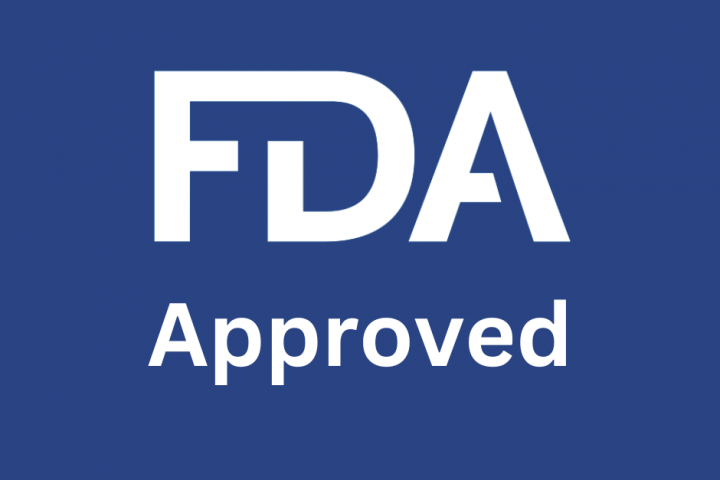By Dr. Abhishek A. Mangaonkar
The phase 2 FIGHT-203 trial (NCT#03011372) studied 28 patients with relapsed/refractory myeloid/lymphoid neoplasms with FGFR1 rearrangement. FGFR1 rearrangement should be suspected in patients who also have chromosome 8p11 abnormality. These are rare but extremely aggressive blood cancers with a uniformly poor prognosis (median overall survival of ~1 year).
In the aforementioned multicenter, open-label, single-arm study, the safety and efficacy of pemigatinib, a selective fibroblast growth factor receptor inhibitor, was studied in patients with FGFR1 rearrangement with or without extramedullary disease (EMD). Among patients with chronic phase, the complete response rate was 78% (14/18, 95% CI 52-94) with the median time to response being 104 (range: 44-435) days. In patients with blast phase disease with or without EMD, 2 out of 4 patients achieved a CR. In patients with EMD disease, 1 out of 3 patients achieved a CR. Overall (n=28), a complete cytogenetic response was seen in 79% (22/28) of patients. Adverse effects of this drug included hyperphosphatemia (74%), nail damage (62%), alopecia (59%), stomatitis (53%), diarrhea (50%), dry eyes (50%), fatigue (44%), rash (35%), abdominal pain (35%), anemia (35%), constipation (32%), dry mouth (32%), epistaxis (29%), retinal pigment epithelial detachment (26%), extremity pain (26%), decreased appetite (24%), dry skin (24%), dyspepsia (24%), back pain (24%), nausea (21%), blurred vision (21%), peripheral edema (21%), and dizziness (21%).1 Based on these results, the Food and Drug Administration (FDA) approved pemigatinib on August 26, 2022.2
Although this is a welcome development for a rare but aggressive subtype of myeloid/lymphoid neoplasms, long-term safety data is still not available. The use of pemigatinib in solid tumors with FGFR1 rearrangement can be considered. The availability of pemigatinib should allow more patients with FGFR1 rearrangement to receive an allogeneic hematopoietic stem cell transplantation, which remains the only curative option.
References:





